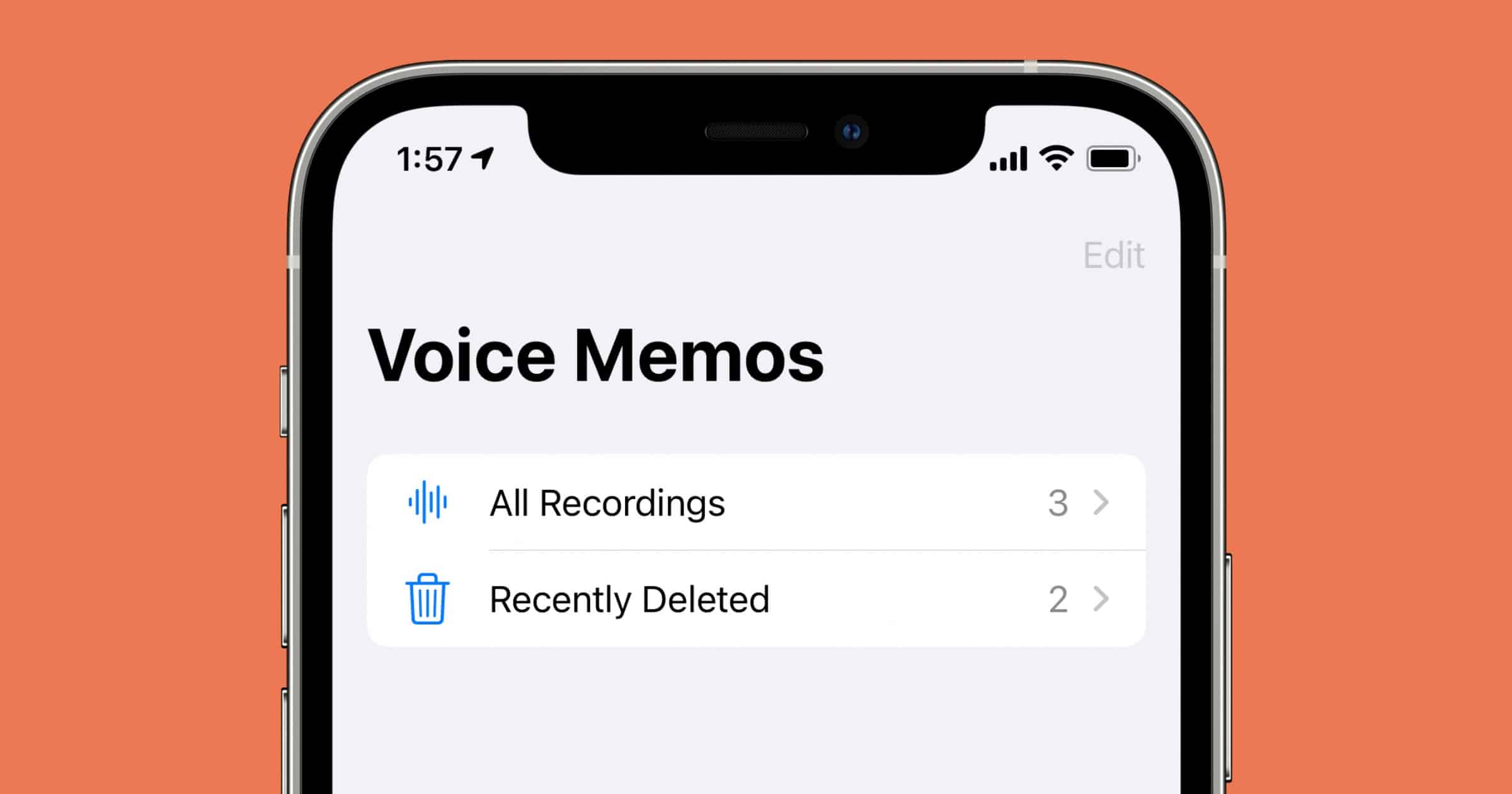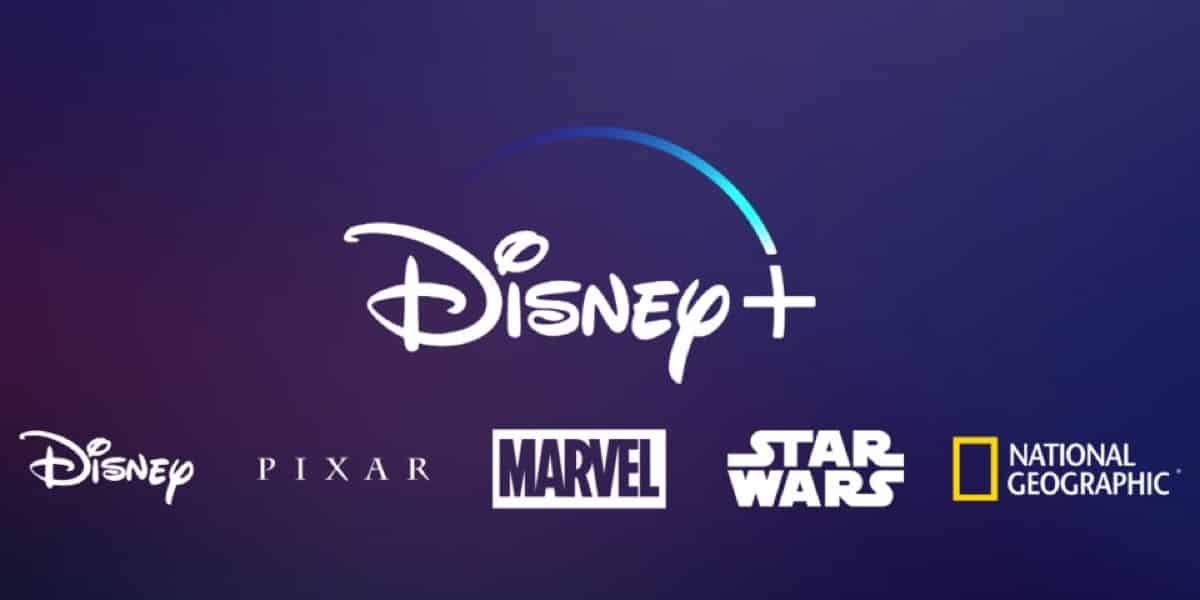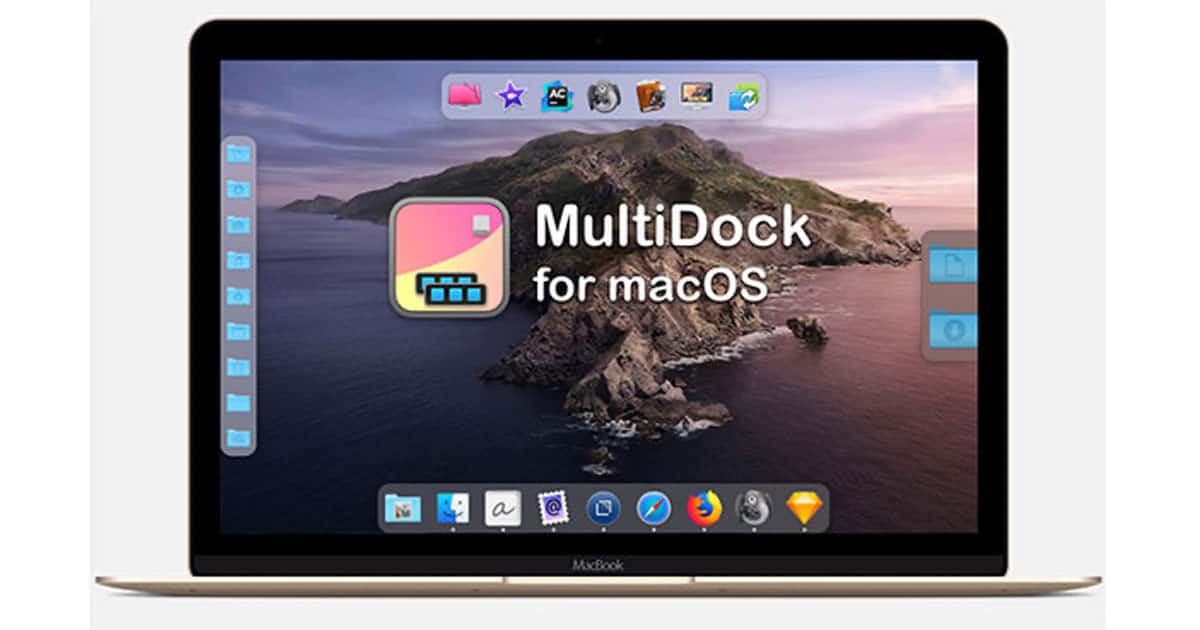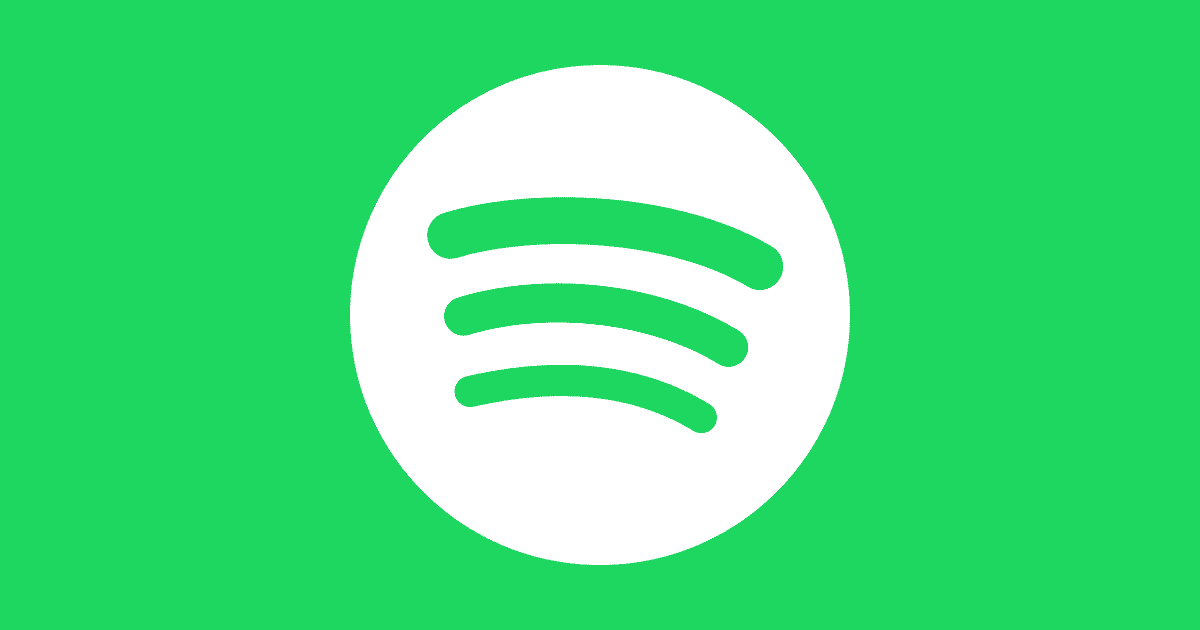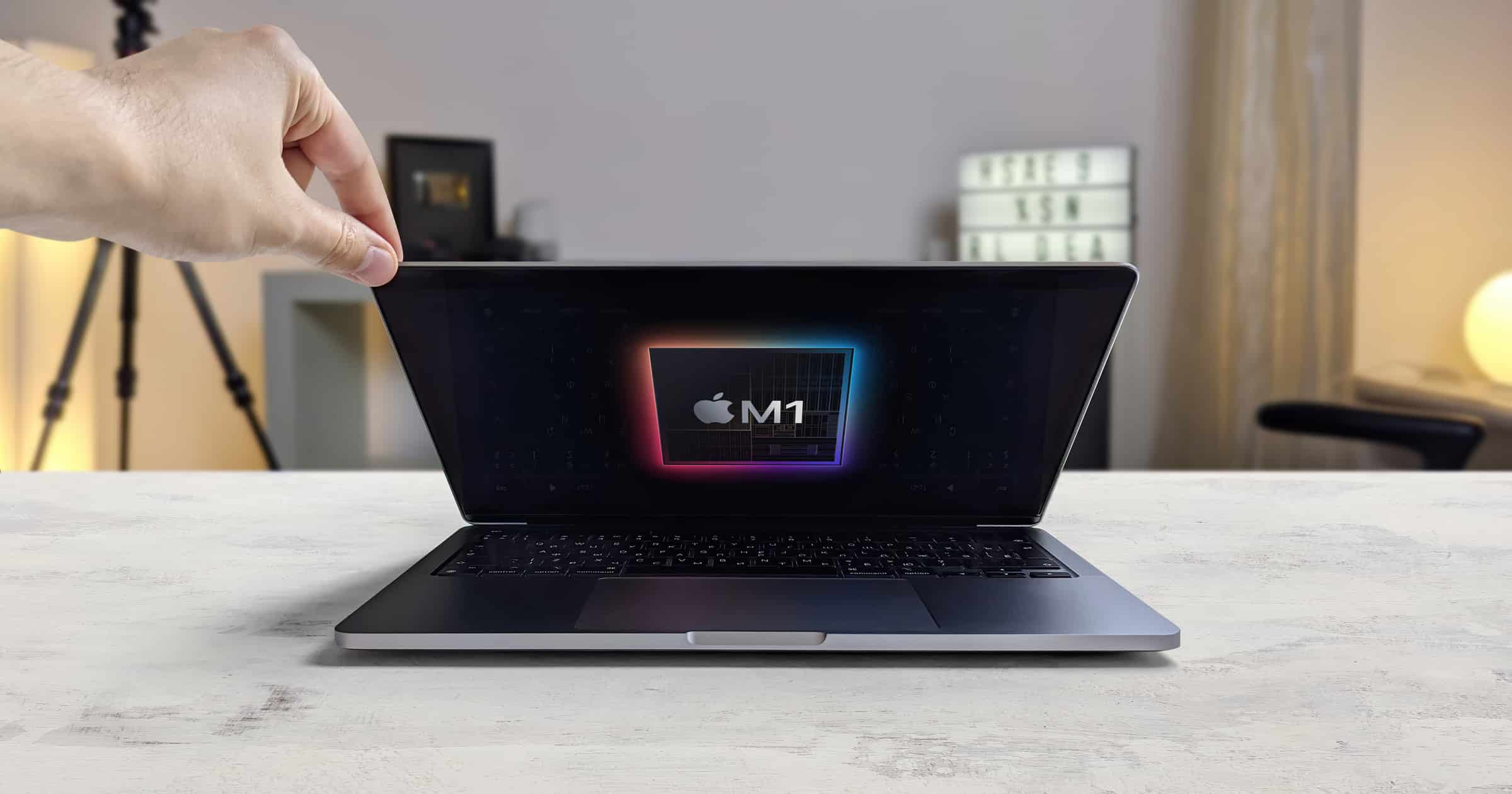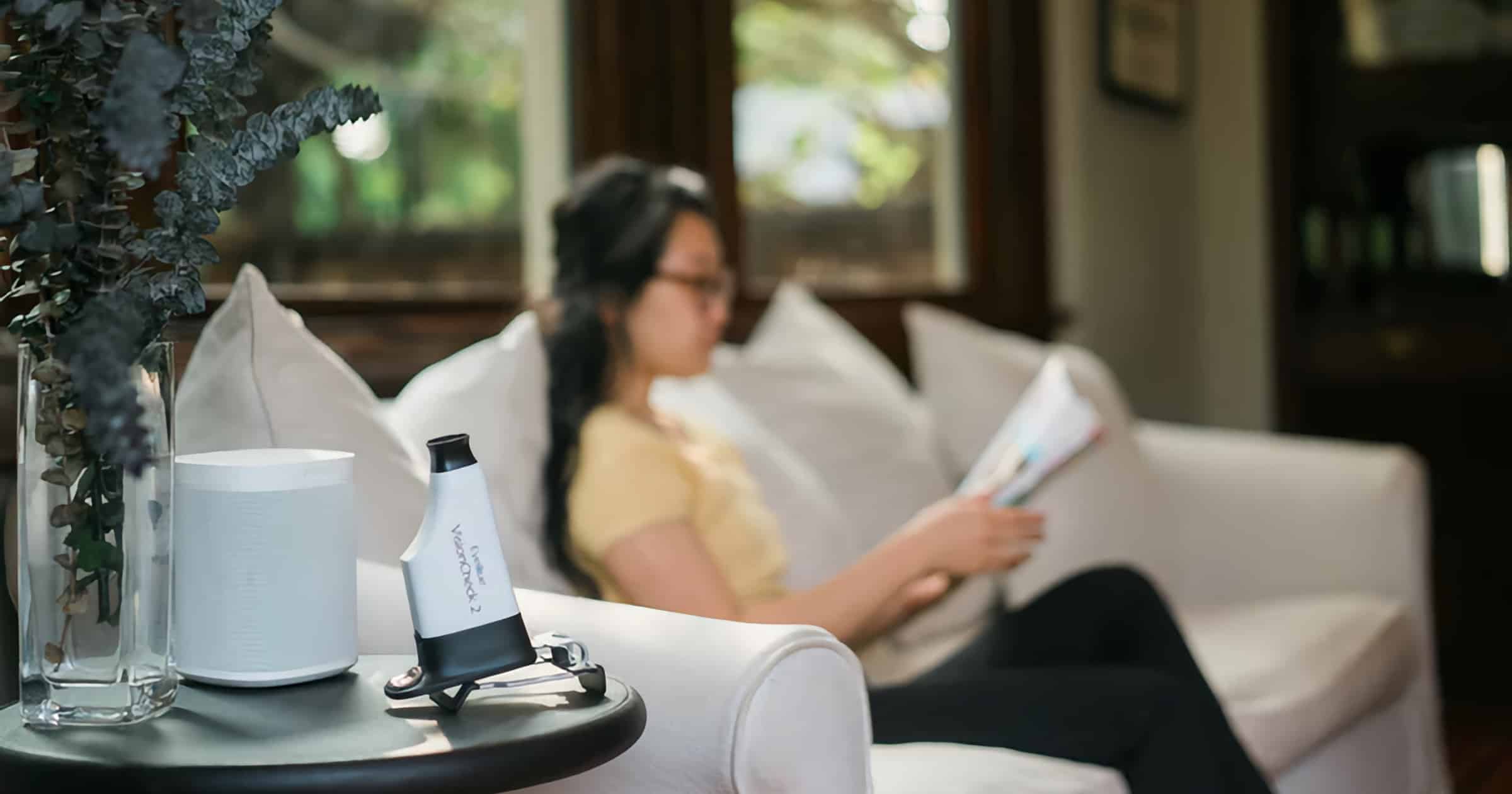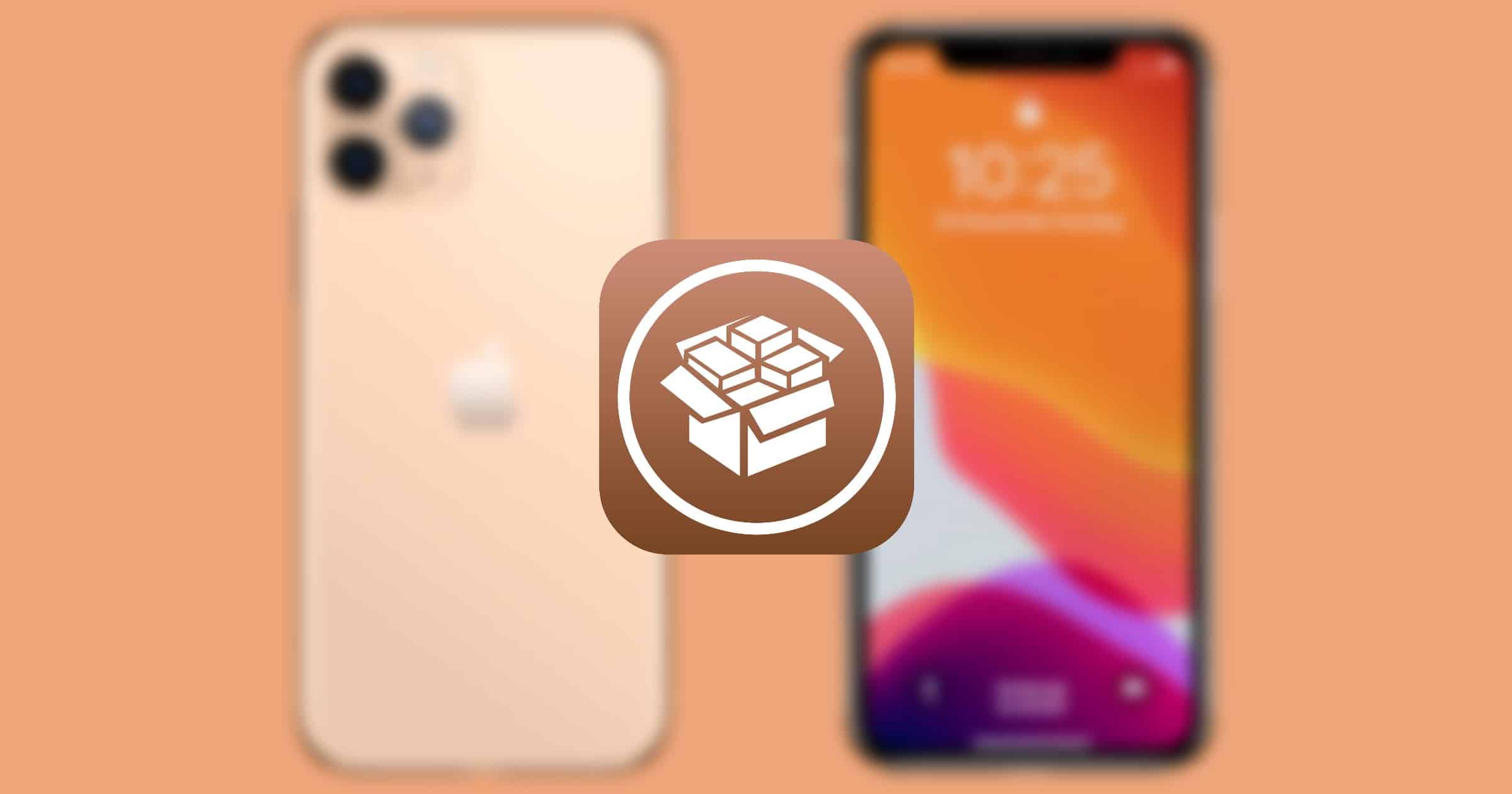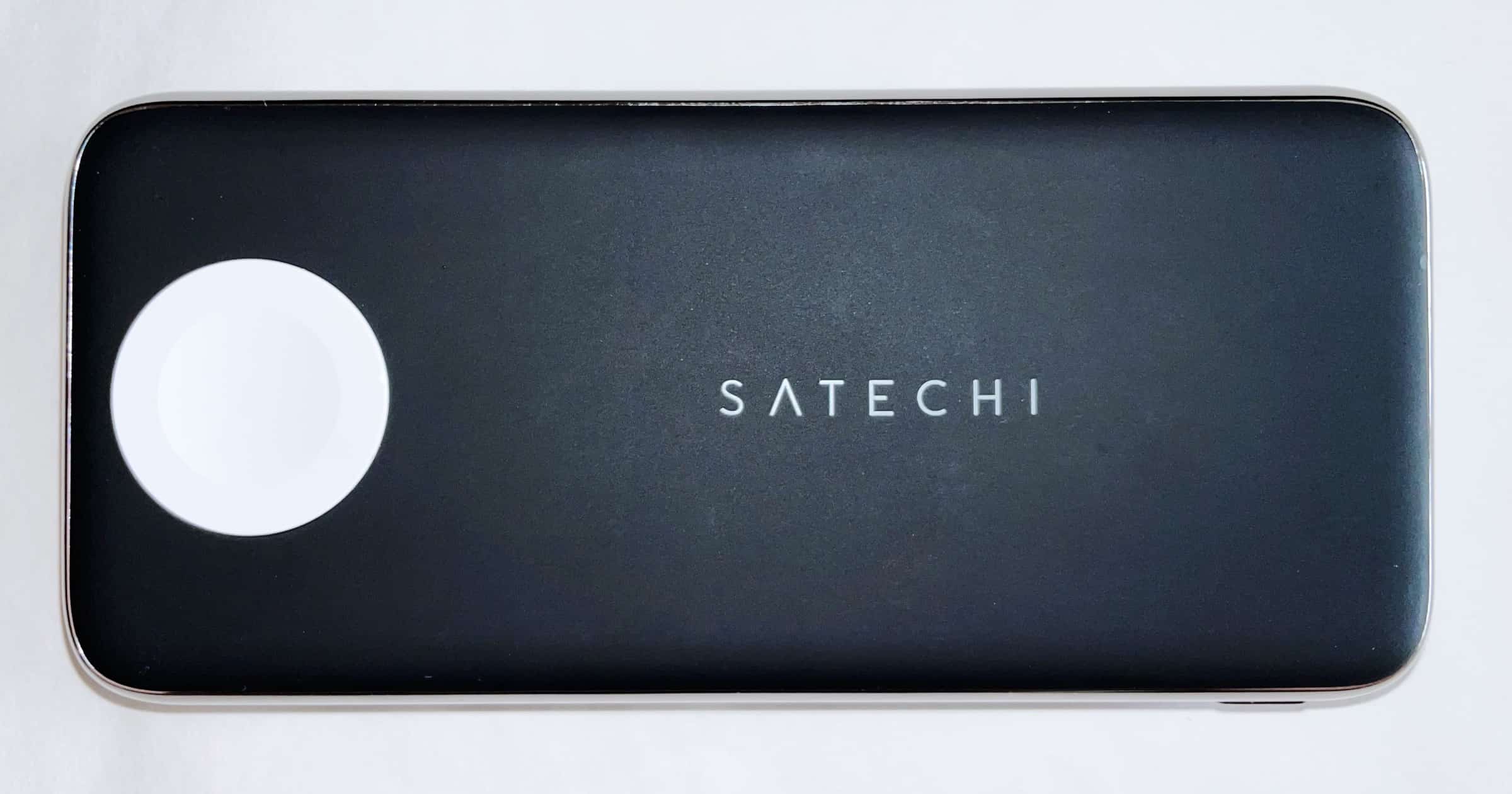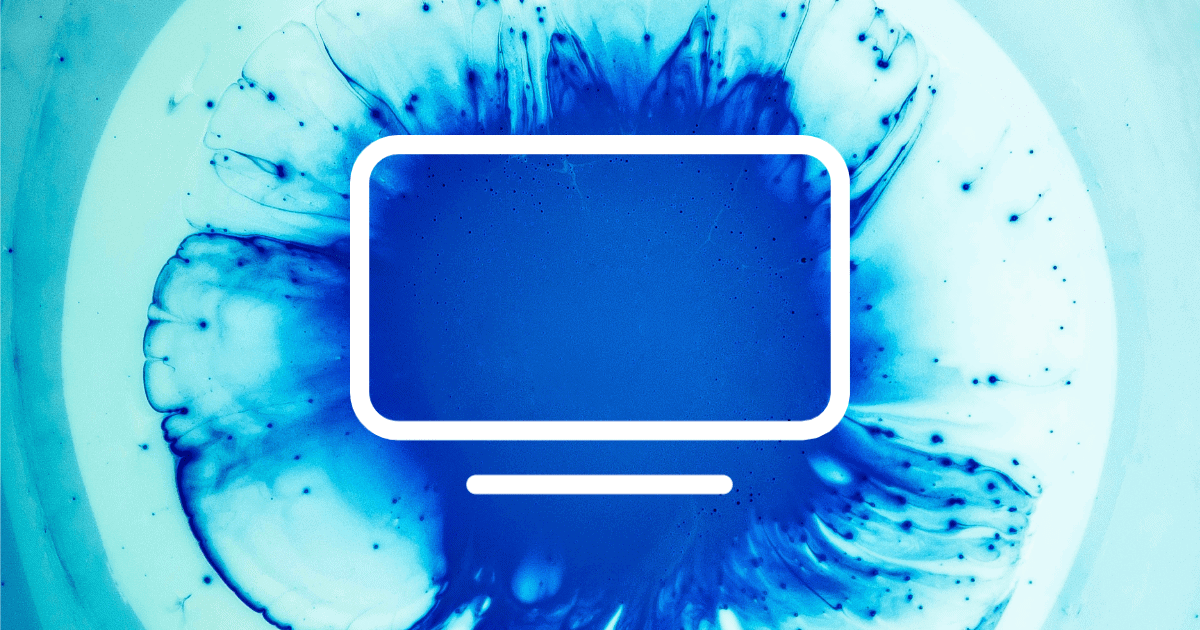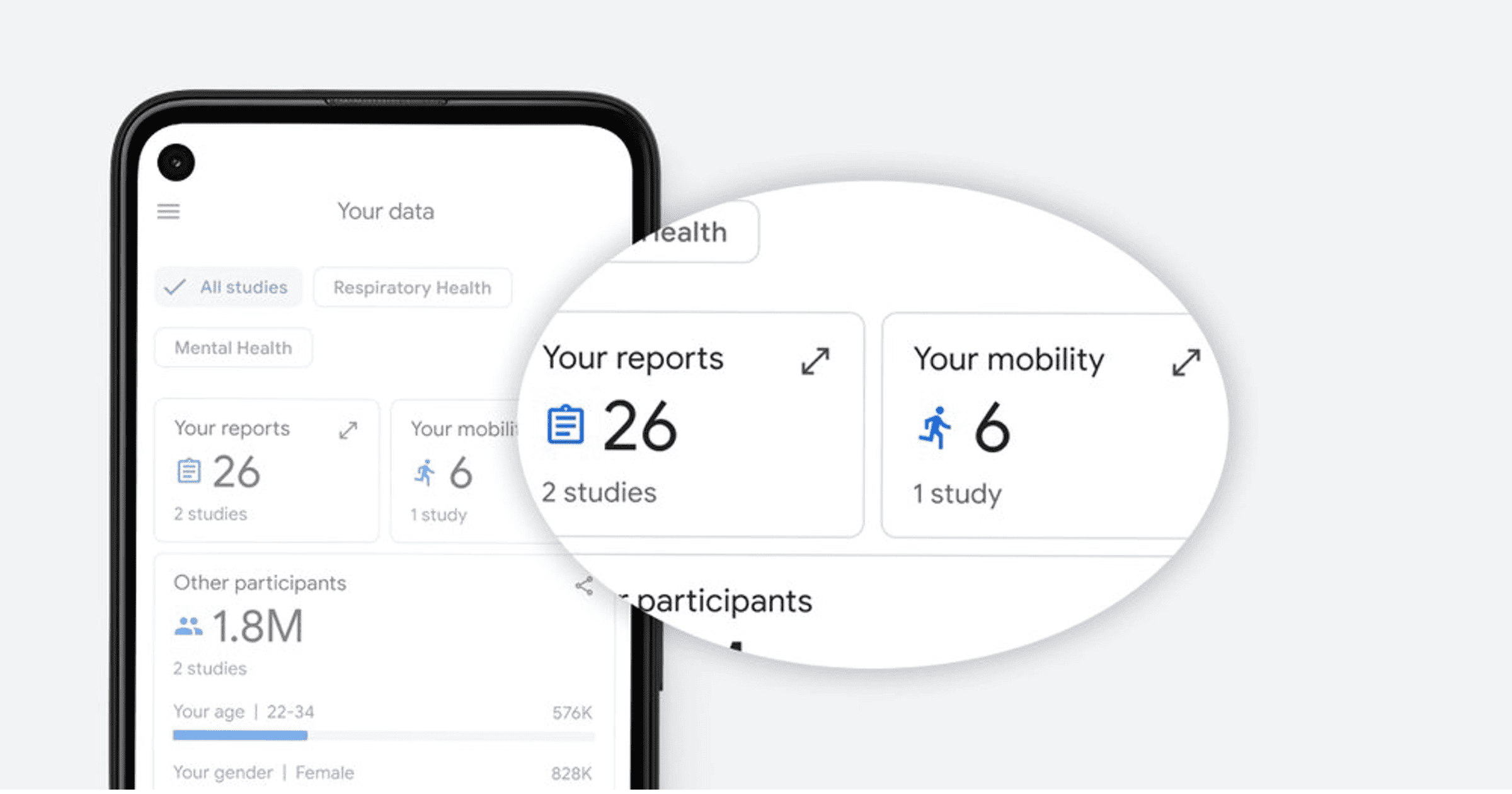Get into the holiday spirit with our iPhone 16 Pro Max giveaway! Don’t miss your chance to win a brand-new iPhone 16 Pro Max.
Apple Will End Support for Music Memos by March 2021
Apple says it’s ending support for the Music Memos app and encourages people to use the Voice Memos app instead.
Security Friday, Avoiding Credit Card Shenanigans – TMO Daily Observations 2020-12-11
Andrew Orr joins host Kelly Guimont to discuss Security Friday news and updates, and offer some tips on how to avoid credit card shenanigans.
Apple Begins Work to Create its Own Cellular Modem
Johny Srouji, Apple’s senior vice president of hardware technologies, said the company has begun efforts to create its own cellular modem.
Disney+ Now Has a Staggering 86.8 Million Paid Subs
As of December 2, Disney+ had 86.8 million paid subscribers Variety reported. Originally it had expected to be at 90 million in year four. The company also announced a host of new content, including from Star Wars and Marvel, was on the way. However, the streaming service also plans to up its prices in 2021.
With the strong momentum at Disney Plus’ back, the company now expects the streamer to have between 230 million and 260 million total paid subscribers by the end of fiscal year 2024, CFO Christine McCarthy said at the company’s investor day Thursday, along with other projections. The forecast includes Star subscribers, Disney’s forthcoming international general-entertainment service mimicking Hulu, which are substantially expected to be bundled in with Disney Plus.
Julia Roberts to Star in Forthcoming Apple TV+ Series 'The Last Thing He Told Me'
Julia Roberts will team-up with Reese Witherspoon for a limited series adaptation of the book ‘The Last Thing He Told Me’ for Apple TV+.
MultiDock Gives Your Mac Multiple Docks: $7.99
We have a deal on MultiDock for macOS, a utility that gives your Mac multiple Docks you can position all over your Mac’s desktop. You can create an unlimited number of panels and attach them to the edges of the screen (left, bottom, right, and top). You can also create free floating and movable panels. This utility is $7.99 through our deal.
Most Apple Employees to Work From Home Until June 2021
Tim Cook confirmed that most of his employees will work from home until June 2021, but he ultimatley wants people back at the office.
Spotify Resets User Passwords Over Data Leak
Spotify has reset an unknown number of user passwords after a bug in its system exposed private data to business partners.
In a data breach notification filed with the California attorney general’s office, the music streaming giant said the data exposed “may have included email address, your preferred display name, password, gender, and date of birth only to certain business partners of Spotify.” The company did not name the business partners, but added that Spotify “did not make this information publicly accessible.”
Fortunately, those like me who created a Spotify account using Sign In with Apple shouldn’t have too much information leaked.
All You Need to Know About Booting Your M1 Mac
If you’ve just bought a new Apple Silicon Mac, boot options have changed. Jeff Butts explains everything you wanted to know about booting your M1 Mac.
EyeQue Unveils its VisionCheck 2 Smartphone Vision Test
EyeQue has a smartphone vision test you can do at home, and the company has a Kickstarter to fund the second-gen product called VisionCheck 2.
Some claim to have online or app-based refraction tests, but they are merely prescription verification services based on visual acuity estimates. EyeQue users are actually performing a self-refraction test while proprietary algorithms process, personalize, and store results.
Tim Cook to Address UN Climate Ambition Summit
Tim Cook will speak at the UN Climate Ambition Summit on December 12, marking the fifth anniversary of the Paris climate change agreement.
Apple TV (app) on Fire TV (devices) – TMO Daily Observations 2020-12-10
Bryan Chaffin and Jeff Butts join host Kelly Guimont to discuss actually using Apple TV (the app) on Fire TV (the device), and Face ID tips.
Apple TV+ Could be Shut Down Across Europe
The Irish Government published legislation that could see Apple TV+ shut down across Europe unless 30 percent of its content is made there.
Jailbreak Store ‘Cydia’ Files Antitrust Lawsuit Against Apple
The creator of the old Cydia app store is suing Apple, claiming it used anti-competitive means to squash it.
“Were it not for Apple’s anticompetitive acquisition and maintenance of an illegal monopoly over iOS app distribution, users today would actually be able to choose how and where to locate and obtain iOS apps, and developers would be able to use the iOS app distributor of their choice,” the lawsuit alleges. The lawsuit was filed in federal court in Northern California and Cydia is represented by Quinn Emanuel Urquhart and Sullivan.
I don’t see where the anti-competitive part comes in. Cydia was before the App Store, so Apple created that to compete, not “anti-compete.”
Review: Satechi Quatro Wireless Power Bank is 10,000 mAh
Satechi’s Quatro 10,000 mAh wireless power bank features USB-C PD, USB-A, and an Apple Watch charger. Here’s what Andrew thinks.
A Tip for Using Face ID While Lying Down
If you’ve struggled with using Face ID while lying down, this article is for you. It turns out, you’re just holding it wrong.
'Dark Matter' Series For Apple TV+ Being Worked on
Apple is working with producer Matt Tomach and Blake Crouch on an adaption of the author’s bestselling novel ‘Dark Matter’ for Apple TV+.
Apple Orders Climate Change Series ‘Extrapolations’ From Scott Z. Burns
Apple has ordered a climate change series from Scott Z. Burns called “Extrapolation.” Mr. Burns will write, direct, and executive produce.
Satechi Launches a Foldable Aluminum iPad Stand
Satechi recently launched a foldable, aluminum stand for iPhones and iPads with protective rubber grips to hold devices without slipping.
Ashley Liao, Della Saba, Paul Sparks Join Apple TV+ ‘Physical’
Ashley Liao, Della Saba, Paul Sparks, Dierdre Friel, Rory Scovel, and Lou Taylor Pucci are joining Rose Byrne in a series on Apple TV+ called “Physical.”
Pixelmator Photo 1.5 Update Supports Apple ProRAW
Pixelmator Photo 1.5 brings a ton of new features, including support for Apple’s ProRAW photo format we’ll see in iOS 14.3. Here are other features: Adjust the tonal curve directly in your photos – tap the On-Image Curves button, then drag up in your photo to lighten those areas, or down to darken them; The Shadows and Highlights sliders will be able to recover much more detail than before; Support for the new, native iOS color picker means you’ll be able to pick colors more quickly and easily; You can now tap the histogram to switch between the RGB and Luminance histograms; plus more improvements and a bug fix.
Google Launching New Health Research App
Google announced on Wednesday the launch of a new research app, The Verge reported. Called Google Health Studies, it seems pretty similar to Apple’s equivalent. The app will allow anyone with an Android phone to take part in medical studies. No surprise, the first still will look at respiratory illnesses like COVID-19.
Participants in the study will use the app to report any respiratory symptoms, the precautions they’re taking to prevent disease, and whether they’ve been tested for COVID-19 or the flu. The app will collect demographic data, like age, gender, and race as well. “Researchers in this study can examine trends to understand the link between mobility (such as the number of daily trips a person makes outside the home) and the spread of COVID-19,” Google wrote in a press release. The app will send data to researchers using a technique called federated learning, which will batch aggregated trends from multiple devices, rather than pull information from each participant individually.
FTC, 48 States Sue to Break up Facebook Over Monopoly Accusation
The Federal Trade Commission as well as 48 attorneys general have filed two lawsuits against Facebook on Wednesday.
Ahead of Apple’s ATT, WhatsApp Explains its Privacy Labels
Ahead of the upcoming iOS 14 App Tracking Transparency feature, Facebook-owned WhatsApp explains the privacy labels people will see on its App Store page. The app will collect contact information like your phone number, your (optional) email address, contacts, financial information to use certain features, shopping activity like product browsing and purchasing data, your IP address, general location, usage data, and diagnostics.
With end-to-end encryption, messages are not stored on our servers after they’re delivered, and in the normal course of operating our services we do not retain a record of the people you may message.

